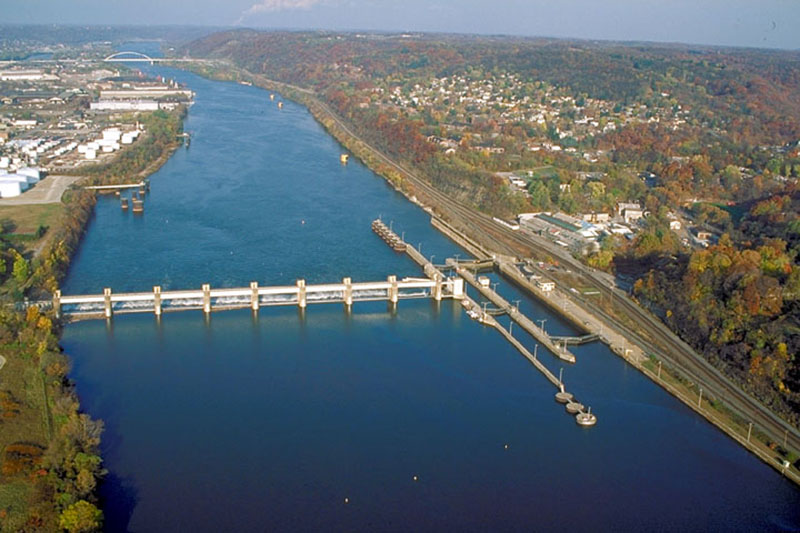After House lawmakers deadlocked over a controversial provision in a key waterways infrastructure bill, compromise was reached and the measure passed on Wednesday, 399-25.
The Water Resources Development Act of 2016 appeared imperiled over disagreements about spending money collected through harbor maintenance taxes, which finance the Harbor Maintenance Trust Fund. Republicans stripped the bill of a provision that would prevent receipts in the HMTF from being diverted and spent for non-harbor uses, and Democrats threatened to withhold support. WorkBoat’s Pamela Glass provided detailed background on the disagreement in her recent blog.
Also at issue was aid funding for the city of Flint, Mich., as it continues to deal with lead-contaminated drinking water. Some lawmakers have questioned the inclusion of money for Flint in a bill traditionally devoted to waterways projections. The House version of the bill includes $170 million to help Flint improve drinking water infrastructure.
No compromise could be reached on the Harbor Maintenance Tax provision, and it was removed from the House version of the bill before passage.
Differences between the House version of the bill and a Senate version passed earlier in September must now be reconciled between the two bodies. Conference committee action is not expected until after the November election.
According to the Waterways Council, both the House and Senate WRDA 2016 bills contain approval for Calcasieu Lock modifications in Louisiana, deepening of Brazos Island Harbor (Brownsville Ship Channel) in Texas, and an Upper Ohio River study that allows the Emsworth, Dashields and Montgomery (EDM) lock project near Pittsburgh to advance, among other provisions. WCI said that neither bill contained a provision to create a public-private partnership that could have imposed waterways tolls or lockage fees, which would have changed the cost-sharing mechanism for the inland waterways transportation system. In late 2014, commercial operators were successful in its effort to have user fees increased by 45% to 29 cents a gallon as a way to increase investment in inland waterways lock and dam infrastructure.
Waterways interests hailed the House passage of the bill.
“The nation’s towboat operators, shippers, labor, port, conservation and agriculture members that rely on an efficient, modern, viable waterways system — are deeply appreciative for the House and Senate passage of WRDA 2016,” said Michael Toohey, president and CEO of the Waterways Council. “We urge a good outcome on a conference report and for President Obama to sign a WRDA 2016 bill into law to create and sustain American jobs, increase exports, keep our nation competitive in world markets, and enhance the reliability of this essential waterways transportation mode.”





